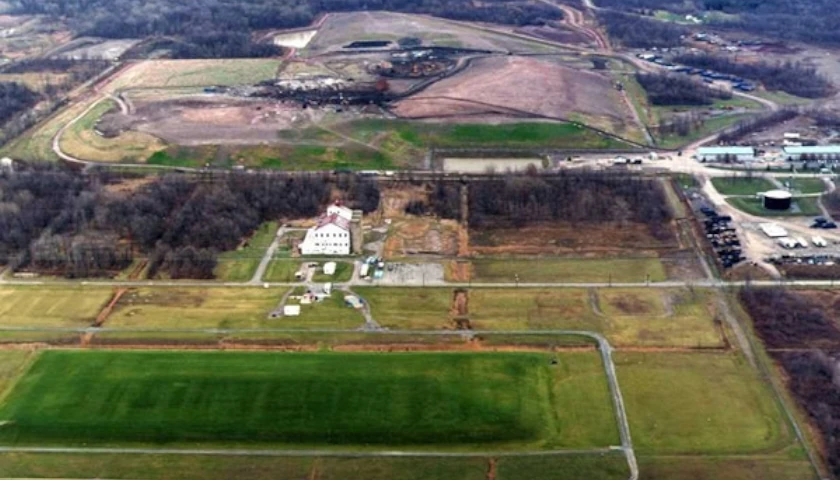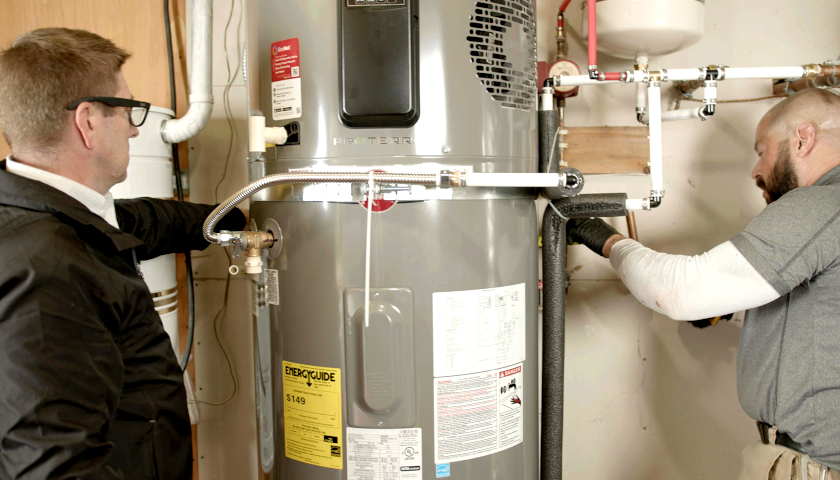by Scott McClallen
The U.S. Environmental Protection Agency (EPA) is being audited over its response to lead-contaminated water lines in Benton Harbor.
The investment was announced in a memo from the Office of Inspector General Director Michael Davis, EPA Environmental Investment and Infrastructure. The letter says the audit aims “to determine the extent to which the EPA followed its 2016 elevation policy memorandum” to fix Benton Harbor’s drinking water.
“The anticipated benefits of this audit are to determine if the EPA can improve the speed at which public health protections are delivered to communities facing imminent and substantial public health risks,” the letter says.
The audit follows groups complaining to the EPA about lead-contaminated water after Benton Harbor exceeded elevated lead levels for three years straight, despite attempted corrosion control.
Those groups alleged Michigan Department of Environment, Great Lakes and Energy (EGLE) failed to warn residents the water was unsafe to drink.
In an October hearing, EGLE Director Liesl Clark refused to answer five times whether Benton Harbor’s water was safe to drink before answering “no” and later calling the situation “inexcusable.”
Whitmer issued an executive order providing bottled water to Benton Harbor the week prior.
The Benton Harbor Community Water Council president, Rev. Edward Pinkney says the EPA and EGLE were three years too late in warning residents about unsafe drinking water.
The OIG letter requests:
- All implementing guidance, training, and other instructions to regional staff regarding the administrator’s elevation policy.
- All complaints received via the Drinking Water Hotline or any other method regarding Benton Harbor and any internal and external correspondence about and resolution of those complaints.
In November, an EPA report said that Benton Harbor residents have “suffered for too long” and cited multiple violations in the city’s water supply that serves about 9,800 people.
The Safe Drinking Water Act provides EPA with broad authority to protect public health in Benton Harbor, including:
- Informing consumers when lead action level exceedances are detected in drinking water.
- Improving the applications of chlorine for disinfection and orthophosphate for corrosion control.
- Implementing stricter requirements for better monitoring of residual disinfectants and its byproducts.
- Making filter repairs at the treatment plant.
- Using an independent third party to analyze alternatives for the long-term operation and maintenance of the system.
The EPA’s report identified many problems, including water system officials failing to alert the health department of the lead action level water conditions between August 2020 and August 2021.
The Benton Harbor water contamination followed the Flint water crisis in 2014 when officials switched the water supply to the Flint River without properly treating it for corrosion control.
Gov. Gretchen Whitmer wants Benton Harbor lead pipe removal finished by 2023.
– – –
Scott McClallen is a staff writer covering Michigan and Minnesota for The Center Square. A graduate of Hillsdale College, his work has appeared on Forbes.com and FEE.org. Previously, he worked as a financial analyst at Pepsi.
Photo “Benton Harbor” by jnowlinsimonton.





